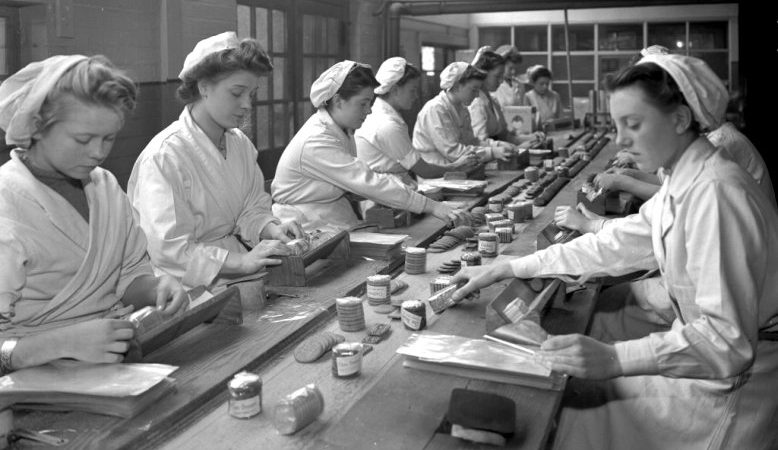From the gender pay gap to the 'pink tax', we need bold policies to tackle inequality, writes the Lib Dems' Lorely Burt.

On International Women’s Day, we often celebrate the amazing work women from across the globe have achieved. However, it is also important to discuss the unacceptable everyday barriers women and girls face still in 2019.
Last year for International Women’s Day Liberal Democrat MPs introduced legislation which would see the House of Lords renamed the ‘House of Peers’, tackle period poverty – which this week the government committed to ending by 2030, and for upskirting to be made a specific offence – which recently became the law.
This year, we have Liberal Democrat women fighting to improve the lives of women and girls in other ways: by banning the ‘pink tax’ (on women’s toiletries), introducing gender neutral school uniforms, and improving mental health care for new mothers.
The pink tax – where women’s toiletries cost more – is key example of how women face everyday discrimination, sometimes without even realising. Women pay more for a product that is the same – from hair products to deodorant – with the only difference often being that it’s pink. Women are being hit with a double whammy: they make less for doing the same work, and then they pay more for the same product or service just because it’s ‘for’ women.
Discrimination on gender grounds is illegal. There is absolutely no reason why women should pay more and Christine Jardine’s bill is to scrap the gender price gap is a perfect example of how the Liberal Democrats want to tackle sexism in the UK.
Women also face huge discrimination in the workplace. My colleague Jo Swinson pushed through the legislation as employment relations minister during coalition which meant large companies have to publish what they pay employees. This proved once and for all that the gender pay gap still exists.
However, new figures show one in three organisations have not tried to improve their gender pay gap. It is time the government took action and ensured employers also reported what they will do to reduce the gap in their organisations, so that employees and consumers can hold them to account.
We must also look at young women and girls. This week The Fawcett Society reported that gender stereotyping is “endemic” within UK society, and showed that half of adults believed their career choices were constrained by it, and almost as many said personal relationships had been harmed.
How children perceive gender stereotypes will affect individuals for the rest of their lives and that is why Layla Moran this week called on school uniform policies to be gender-neutral. Simply put, pupils should be able to choose what they wear and not be confined by outdated notions that ‘skirts are for girls’ and ‘trousers are for boys’. The day a girl starts primary school she is shown that boys have more freedom to run about, whilst she cannot.
This is also about autonomy and teaching young people that they have autonomy over their own bodies. It was only this week that Virgin announced that female cabin crew are no longer required to wear make-up when they turn up to work. We must think about how we view women and their bodies and these attitudes of how women ‘should look’ must be changed, and this must start from an early age.
Finally, we need to improve mental health support for new mothers. In our society we often fail to talk about the reality of how giving birth will affect new mothers. Rather than informing mothers about potential mood swings, the pressure they will be put under – we allow myths and the stigma about struggling to pervade.
That is why Wera Hobhouse has presented a bill which would enshrine a mother’s right to mental health checks at the six-week post-natal mental health check. A parity of esteem between both mental health and physical health has long been championed by the Liberal Democrats. This change is crucial for not only new mothers, but also their babies.
We must demand better for women and girls: from the day they start school, to when they are in the workplace, thinking about starting a family, or simply popping to the shops.
International Women’s Day is not only about celebrating the achievements of women, but also about taking action. That’s what we’re doing.
Lorely Burt is the Liberal Democrats’ Spokesperson for Women.
To reach hundreds of thousands of new readers we need to grow our donor base substantially.
That's why in 2024, we are seeking to generate 150 additional regular donors to support Left Foot Forward's work.
We still need another 117 people to donate to hit the target. You can help. Donate today.



